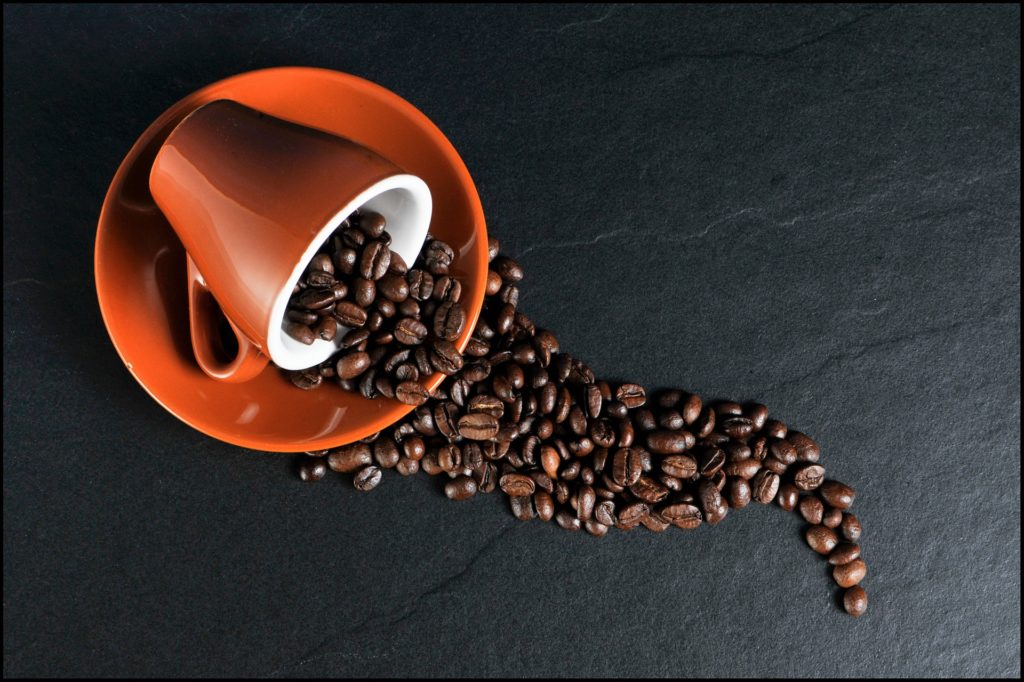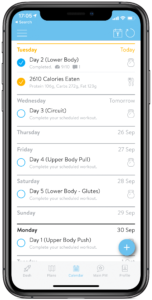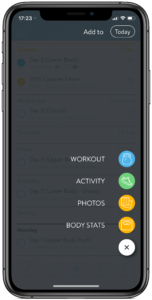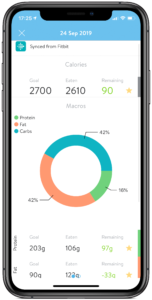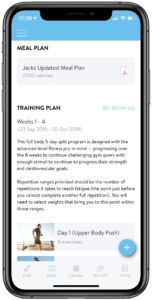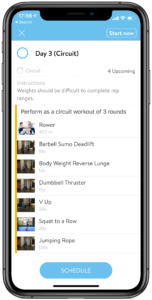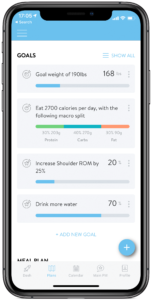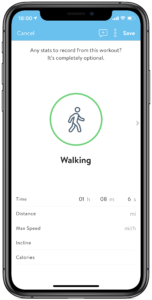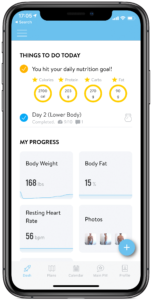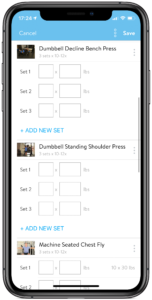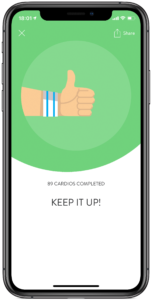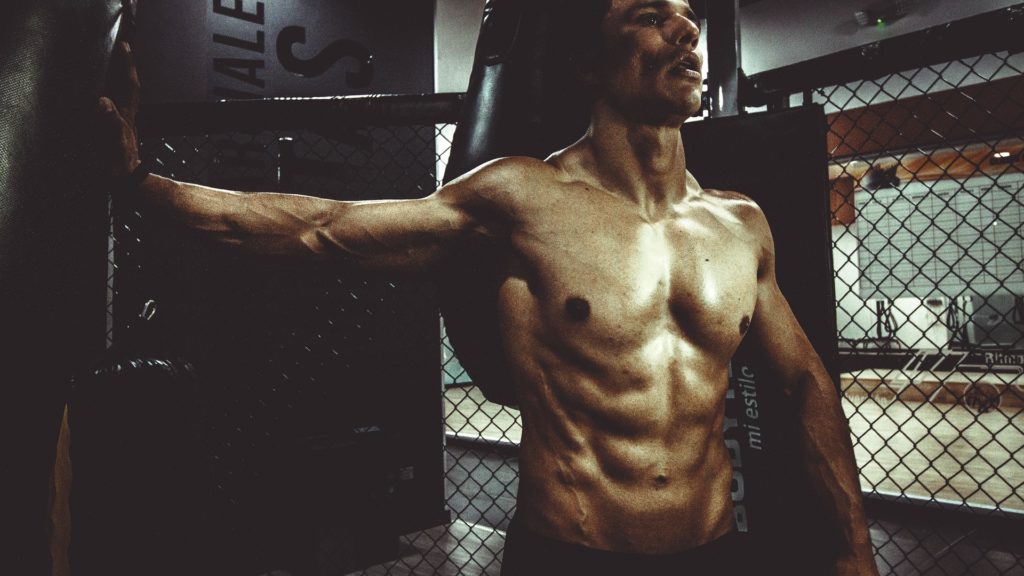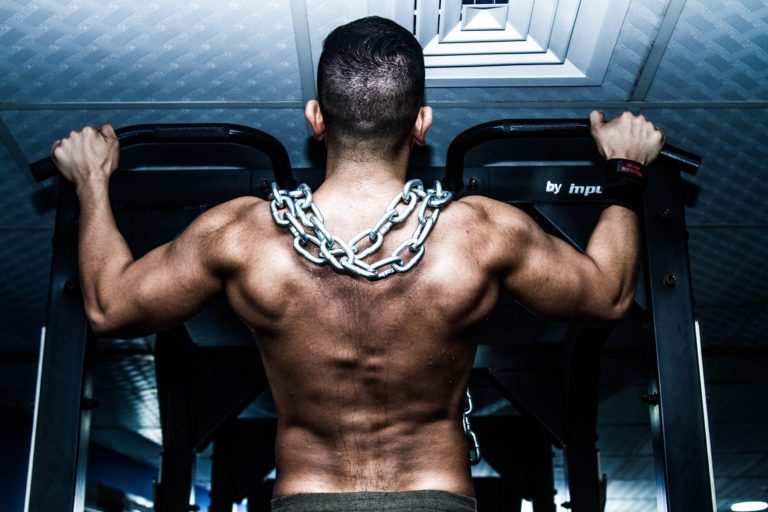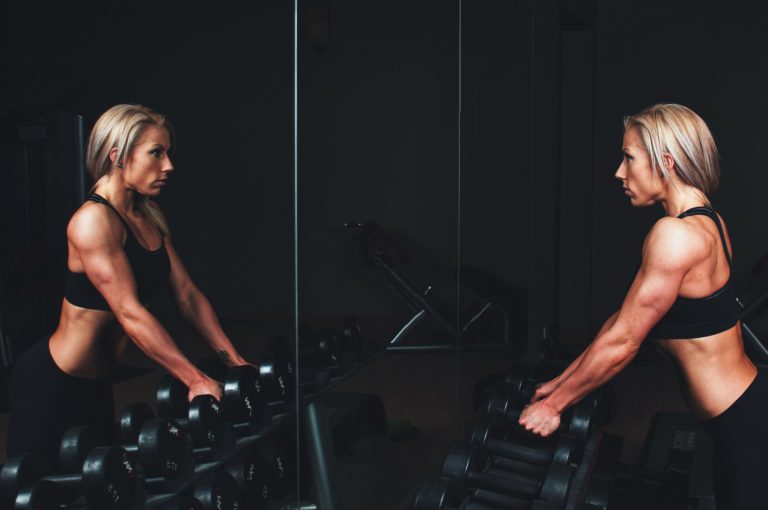The Only 4 Sports Supplements You Need
The Only 4 Sports Suppliments You Need
The sports supplement market is one of the fastest growing industries in 2022. But the vast majority of sports supplements have been proven to be ineffective. So how do you know which supplements to trust?
We have compiled a list of the only 4 sports supplements that are scientifically backed and proven to help with muscle growth and performance. Supplements are no magic pill. However, if used correctly, supplements can provide great benefits to your training when coupled with the right exercise and nutrition plan.
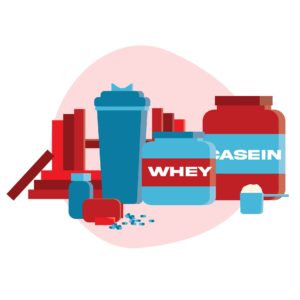
1. protein powder
Protein powder is a great supplement to help you hit your daily protein goals. But it’s not all the same.
Whey protein powder is the highest quality protein source. It contains the most Leucine (an amino acid that builds muscle). When you buy protein powder, make sure to check that whey protein is the main ingredient.
View our favourite whey protein powders for building muscle here!
You should aim to get the majority of your protein intake from whole foods like lean chicken breast, eggs, or tofu.
However, protein powder is a great alternative for several reasons. It is significantly lower in fat and higher in protein compared to some whole-food protein sources like beef, pork, and fish. It is also easier to prepare than whole foods- you simply mix it into a smoothie or yoghourt bowl. All of this makes protein powder a great addition to help you meet your daily macro goals.
For those who are vegan or lactose intolerant, check out this chart for some great vegan alternatives. While they don’t have the super-food quality of whey protein sources, they’re still a great, lean addition to your diet to help boost your daily protein. Being a vegan will not impact your ability to put on muscle, provided you are getting an adequate variety of protein from different sources. There are also a great number of vegan protein powders available on the market too. View our favorite vegan protein powder for building muscle here!
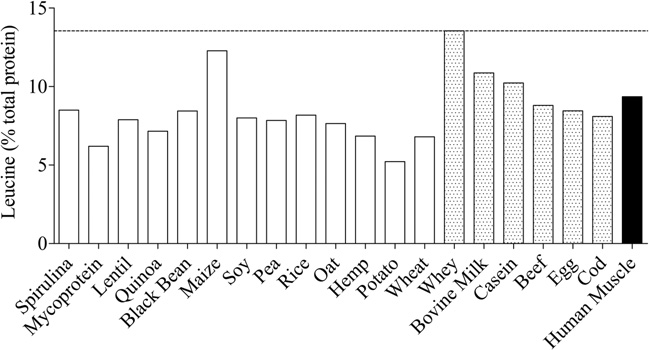
How much protein should you consume each day? It depends on several factors such as your goals, age, gender, and weight. However, as a general rule of thumb, you should aim to get 0.8-1.2g of protein per kg. of body weight.
2. Creatine
Creatine is a naturally occurring molecule in skeletal muscle. It helps provide strength and stamina when we use those muscles.
(Skeletal muscles are the muscles that are attached to our skeleton, such as our biceps, quads, deltoids, and abs.)
High rep strength training exercises and explosive exercises like sprinting or a round of boxing deplete our natural stores of creatine. Taking creatine supplements can quickly replensh your body’s store of creatine and allow you to push through another few reps or lift heavier weights.
A 2003 study reviewing 22 creatine based studies discovered that those who took creatine supplements developed an 8% increase in muscular strength compared to those who took a placebo supplement.
However, it’s important to remember that although creatine has been proven to help develop muscular strength, the muscular gains you will get are down to how much effort you put into your training. You will need to train hard to reap the rewards of creatine. Click here to view my recommended creatine product for building muscle.
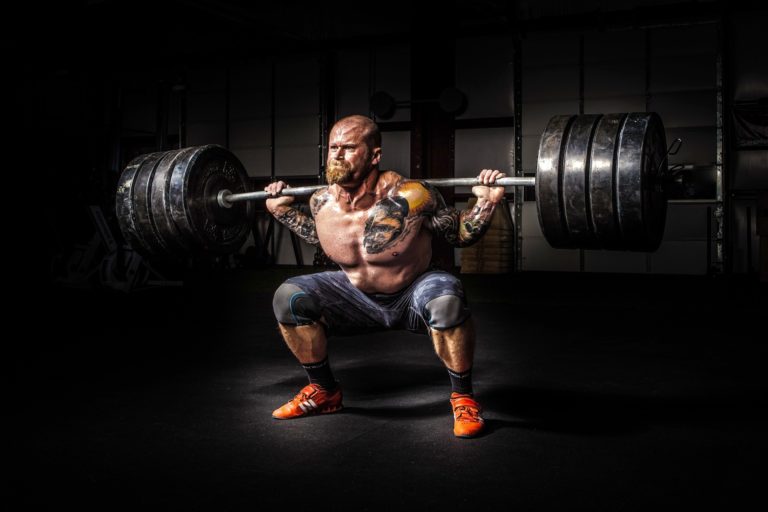
3. caffeine
Caffeine is a widely used supplement that has been proven to enhance endurance-based activities. Muscular endurance, sprinting, jumping, and throwing performance can all benefit from caffeine.
Athletes who consumed caffeine saw an average increase of 20% in the amount of reps they were able to perform. Over time, caffeine can also enhance muscle growth through the increase of volume of weight the muscles have lifted.
A 2021 study showed that those who ingested between 3-6mg of caffeine per kg of body mass had improved exercise performance. It did not matter whether the individuals were trained or untrained.
In addition to its positive effects on aerobic and anaerobic exercises, caffeine is considered to be an ergogenic aid. This means that it enhances cognitive function, attentiveness and vigilance in most individuals, which may provide extra sports performance benefits.
We advise not ingesting caffeine until just before a workout where you really need an extra boost. This lowers your chance of developing a caffeine intolerance.
Habitual caffeine intake may severely reduce the effectiveness of caffeine on your performance. It’s possible that the ergogenic effects of caffeine will be less significant.
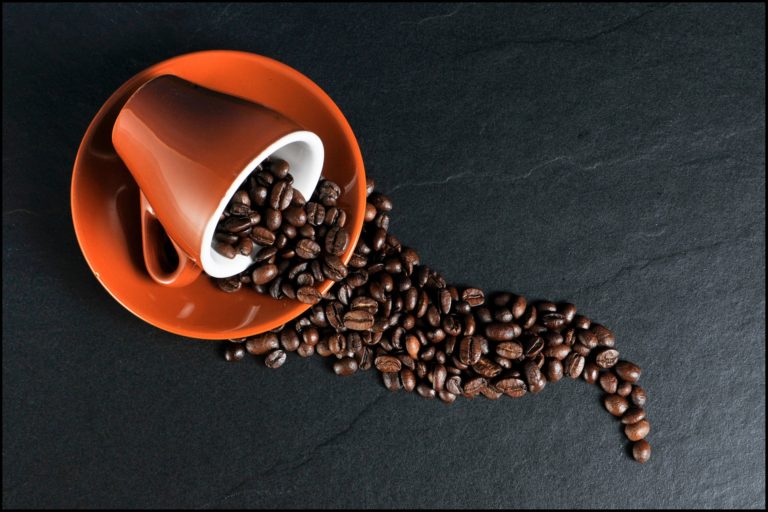
Habitual caffeine intake may severely reduce the effectiveness of caffeine on your performance. It’s possible that the ergogenic effects of caffeine will be less significant.
4. Beta-Alanine

Beta-alanine is an amino acid that increases the level of carnosine in your muscles. Carnosine is a buffer that helps prevent the “burning effect” you get when performing muscular strength, high rep and high endurance training.
Similar to caffeine, beta-alanine increases the volume you can lift in one session. Over time and with consistent effort, beta-alanine will assist in increasing muscular size and efficiency.
Beta-alanine has not been proven to improve performance when performing low-rep ranges, but it has improved performance in high-rep ranges and in endurance training. Click here to view my recommended beta-alanine product for building muscle.
Ready to increase your performance in a healthy, natural way?
At PT Marbella, we provide custom training and nutrition plans for competitive prices. Communicate 24/7 with your assigned personal trainer in our all-in-1 app and view your fitness and nutrition plan in one place. Track workouts, progress and more with our app.
Our all in 1 personal training app
The Only 4 Sports Supplements You Need Read More »

